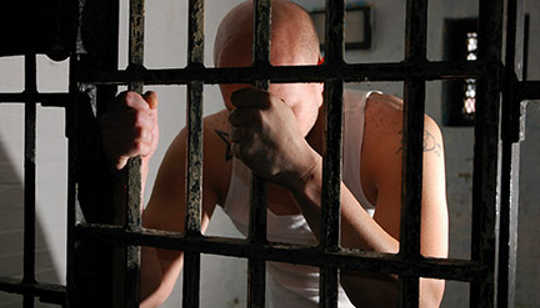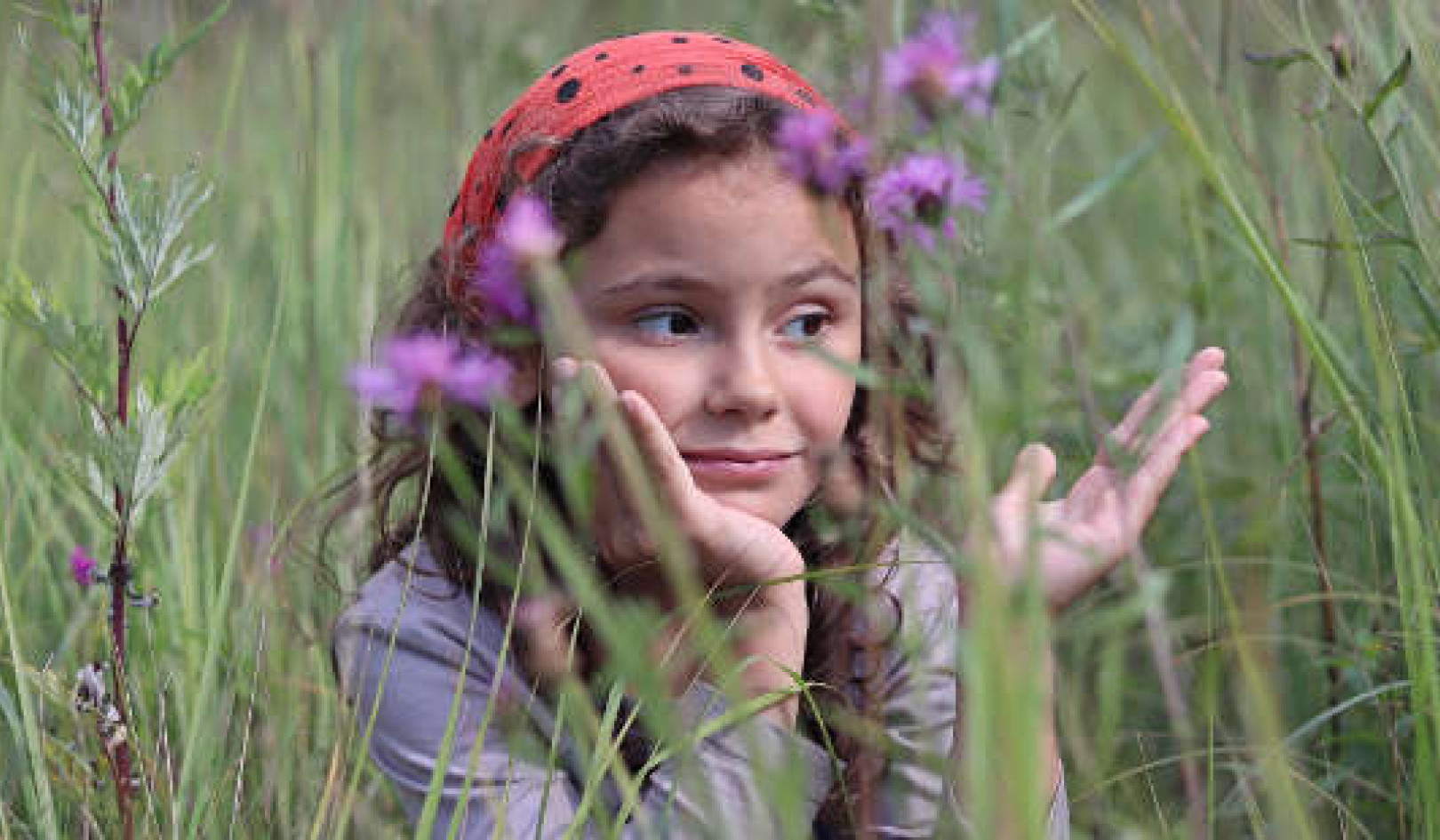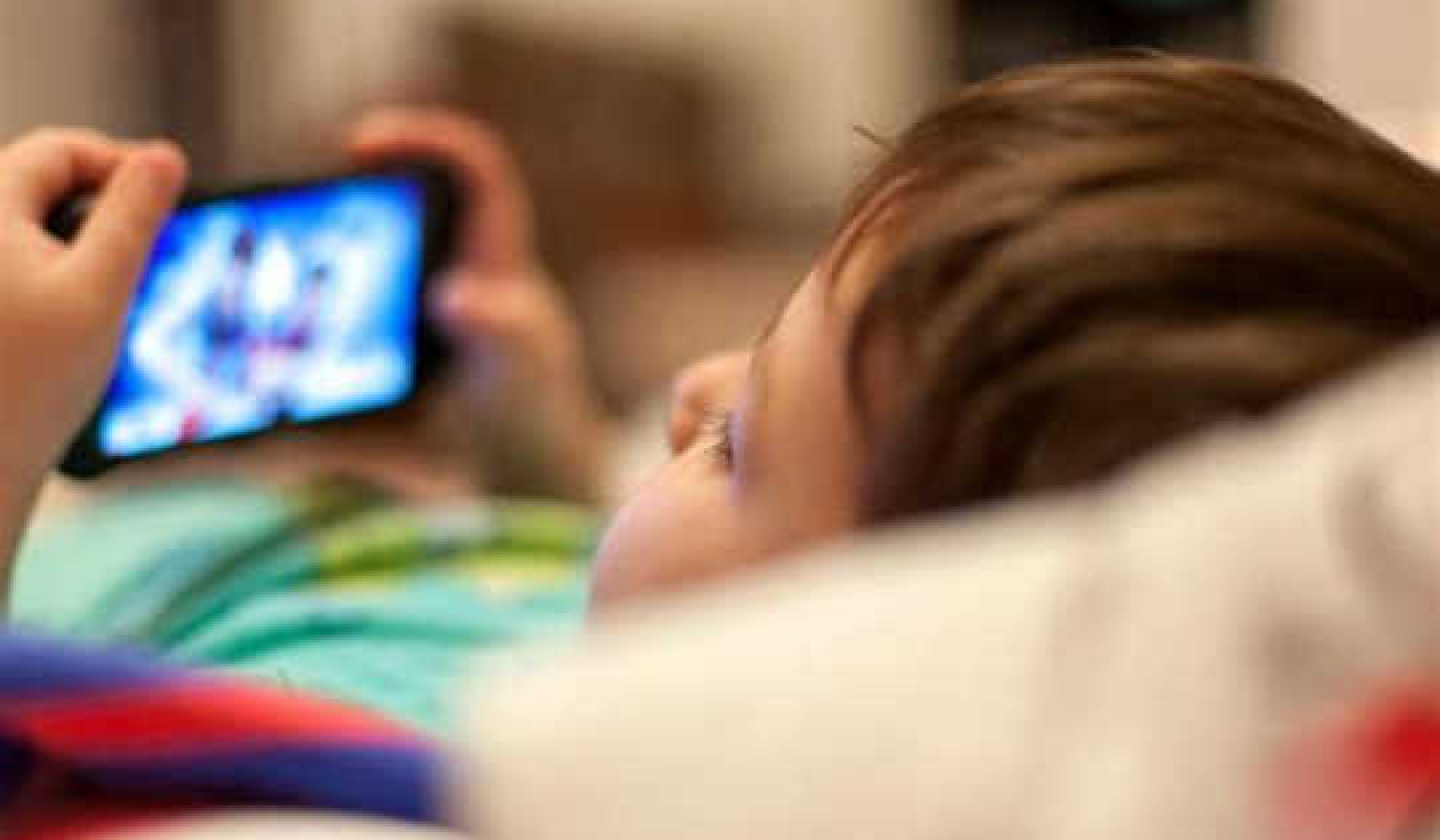
For most of us, the fear of punishment or social rejection keeps us from behaviour deemed unacceptable and prevents us from committing crimes. But how many would transgress if they knew they could get away with it?
According to psychologist Albert Bandura’s social cognitive theory, not that many. This is because as children we have absorbed our society’s standards of conduct, which serve as internalised moral restraints for the rest of our lives. This means that antisocial or criminal behaviour would lead to feelings of guilt, shame and lowered self-esteem. However, there are some who learn strategies to neutralise their moral compass, and it is these people who may pose risks to society in later life.
For example, moral disengagement – the process of convincing oneself that ethical standards do not apply in some contexts – allows us to rationalise criminal acts or those that harm others. Research has found that moral disengagement can lead to antisocial conduct and greater aggression by reducing sociable behaviour and feelings of guilt. Interestingly, it has also been suggested that moral disengagement is greater in individuals with heightened psychopathic traits – those people who are especially unable to empathise with others.
{youtube}JjuA4Xa7uiE{/youtube}
The making of them
In a recent empirical study of serious juvenile offenders, my colleagues and I reported that those with increased levels of psychopathic traits also tended to be those who demonstrated moral disengagement. The most prominent predictor of moral disengagement was a dimension of psychopathy that refers to emotional deficits such as shallow affect, lack of empathy, and being manipulative.
But how do people develop this higher level of moral disengagement and psychopathic traits in the first place? These traits are associated with being a witness to violence and being a member of a gang, for example. What this suggests is that exposure to a violent and anti-social environment as a child or young adult may lead youths on a path that hardens into an attitude and way of reasoning that is morally lax. It also appears that for some children victimisation may result in the belief that violence is morally acceptable.
The influence of the environment on reasoning and the subsequent development of a criminal social identity is an interesting issue. Professor Daniel Boduszek at the University of Huddersfield introduced the Integrated Psychosocial Model of Criminal Social Identity, a model which attempts to express the role of psychological and social factors in the process that turns people towards criminal behaviour. The argument is that social identity is based on group membership, which provides a person with a sense of belonging in our social world. Group membership is also crucial for maintaining positive self-image, and this is one of the reasons we form relationships and friendships.
A group in which criminal or aggressive behaviour is common may provide an alternative identity for those adolescents who have been rejected by their family or more well-behaved peers. Feelings of anger, frustration and hostility that are the result of peer rejection may be further intensified by destructive or problematic parents, or insufficient parental supervision. Consequently, the bonds that form among those in a gang or criminal social group fill the emotional void, increasing the individuals’ sense of positive self-identity. A lack of parental affection can be dangerous for another reason, because it can impede the development of emotions such as guilt and empathy that are required to make moral judgements. This leads to a reduced motivation to behave well.
Nature, nurture
Building on research findings, the key appears to be educational programmes that steer youths away from antisocial peers, such as positive action programmes developed to encourage pro-social behaviour among children. We also need to change attitudes among those young people who have already developed antisocial tendencies. For example, the None in Three EU-funded project, headed by Professor Adele Jones at the University of Huddersfield, aims to prevent violence against women by giving children a specially designed pro-social video game with an implicit message that such violence is unacceptable.
What is needed are more strategies that can help recognise children who lack this emotional attachment to their parents or peers, who therefore have an increased need for acceptance from outside the home and may seek and find it among criminal networks. Early intervention is key, because such “neediness” is readily exploited by organised gangs, which offer a sense of belonging and an immediate boost to self-esteem.
Finally, some parents may not be affectionate towards their children because they don’t know how to express love. They themselves may come from families in which emotions were sparsely communicated. These parents will benefit from parenting skills workshops, which would equip them with the techniques for improving communication and building positive relationships with their children.
If we are to break the intergenerational cycle of crime and violence, it’s vital that we target both children and parents in an effort to reduce the emotional pain that can sow the seeds of criminality.
![]()
About The Author
Agata Debowska, Research Psychologist, Liverpool John Moores University
This article was originally published on The Conversation. Read the original article.
Related Books
at InnerSelf Market and Amazon























